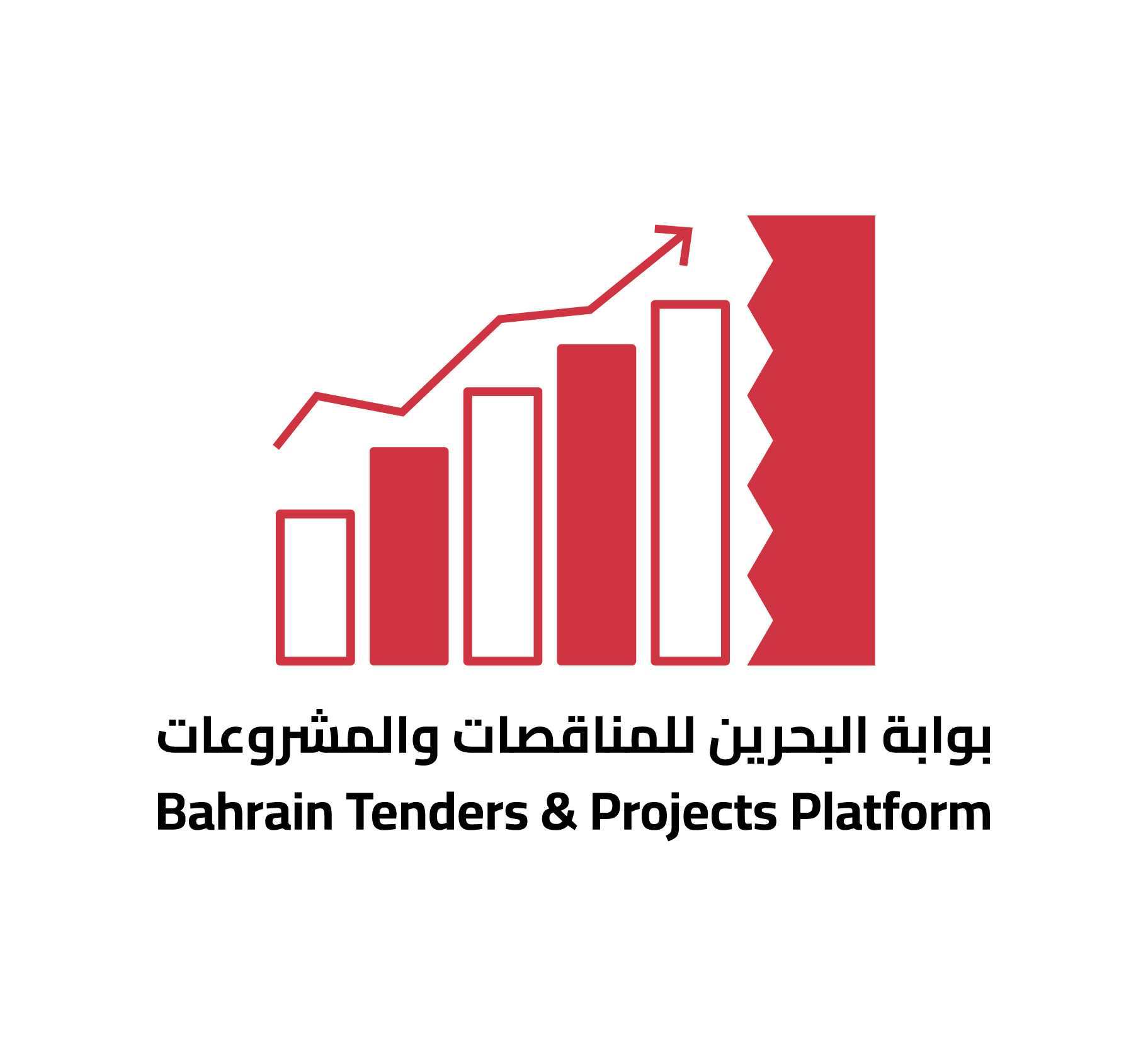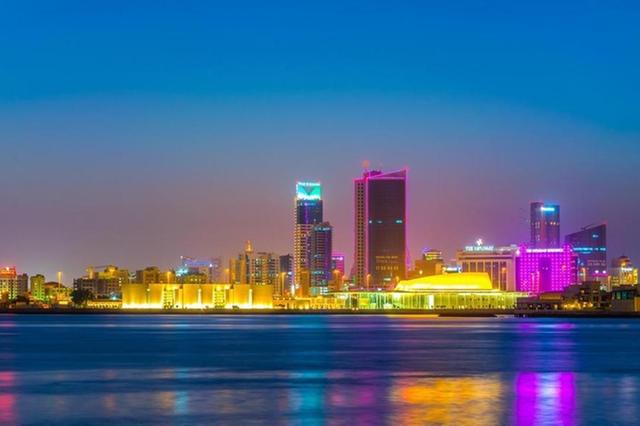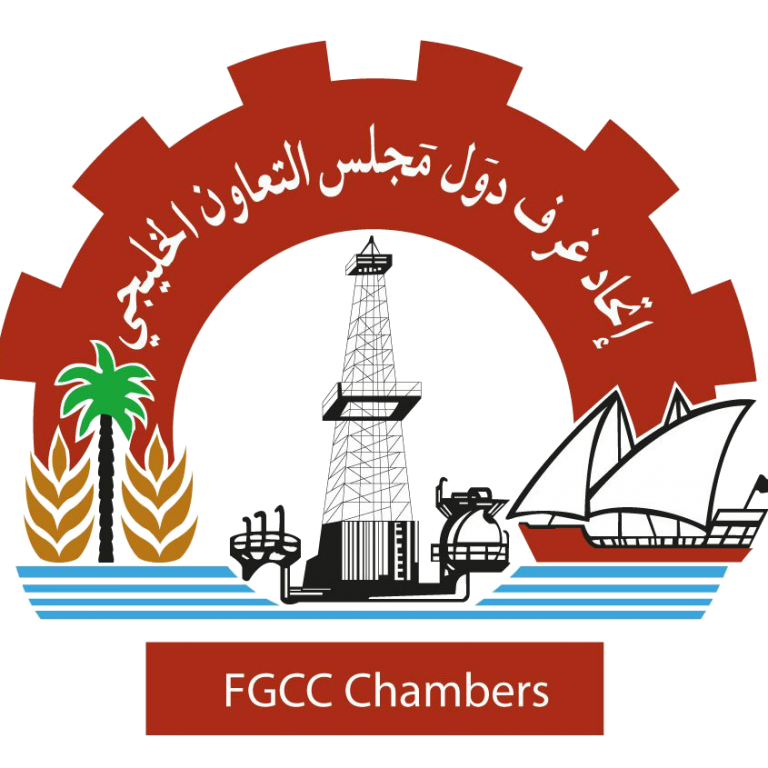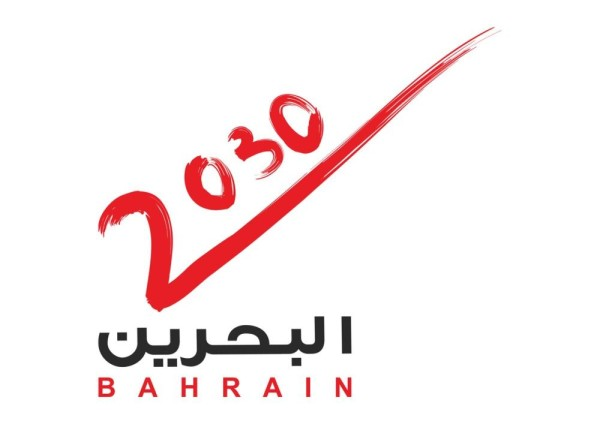Bahrain’s economic expansion gathered pace in the first quarter this year after a strong close to 2021, shows the latest data from the Finance and National Economy Ministry.
Releasing a summary of the performance of key indicators during Q1-2022, the ministry said yesterday that the latest numbers are better than pre-pandemic 2019 benchmarks.
In the tourism and hospitality sector, the average occupancy rate in 4 and 5-stars hotels was 55 per cent while the number of mall visitors increased by 26.9pc when compared with the same quarter last year.
The sector was the worst-hit by the impact of the Covid-19 pandemic, shrinking by 20.4pc in Q1-2021, when average occupancy at four-star hotels was 43.5pc.
Another sign of the turnaround is the 35.4pc increase in new commercial licences during the first three months of the year, as also the value of sales using Bahrain ATM cards increasing by 4.2pc.
In international trade, the total value of exports rose 64.7pc during Q1-2022 from the same period last year.
The ministry described the growth in financial services seen this February as “remarkable” with transactions using Fawri and Fawri+ services, enabled by the electronic fund transfer system (EFTS), continuing to see substantial growth.
Fawri+, an almost real-time fund transfer service which allows individuals or entities to transfer funds of up to BD1,000 per day in less than 30 seconds, saw growth in transactions of 55.1pc whereas Fawri – a deferred settlement fund transfer service which allows individuals or entities to transfer any amount within a few hours of the business day – logged 22.1pc increase in transactions during Q1-2022.
Also during the period, total non-bank deposits grew by 12.7pc and the Bahrain Bourse All Share Index recorded a 33.3pc surge.
The real estate sector, a bellwether of economic activity, saw a 19.6pc jump in transactions registered with the Survey and Land Registration Bureau while the number of building permits increased by 15.8pc during Q1-2022.
Additionally, total fuel sales during the quarter increased by 12.2pc.
Noting that the positive economic signs have arisen following the launch of the Economic Recovery Plan late last year, the ministry said the pick-up in demand can also be attributed to a number of initiatives and strategies to develop the economy and create quality job opportunities for citizens.
The report on the performance of economic sectors during the fourth quarter of 2021 released last month showed that the national GDP expanded by an estimated 4.3pc in Q4-2021, making it the strongest quarter of the year.
Non-oil growth was 4.2pc, whereas the oil sector saw a 4.7pc upswing compared to the same period in the previous year.
The report also revealed that the hotel and restaurant industry topped the non-oil sectors in terms of performance at fixed prices, achieving 31.7pc growth.
Last month, leading ratings agency Fitch affirmed Bahrain’s long-term foreign-currency issuer default rating (IDR) at ‘B+’ with a stable outlook.
The firm said the kingdom’s ratings are supported by strong financial backing from partners in the GCC, the high level of economic development and a robust macroeconomic outlook.
The general government budget deficit narrowed significantly in 2021, to 9.4pc of GDP from 17.1pc of GDP in 2020, owing to the rebound in global oil prices and partial recovery of the domestic economy following the Covid-19 induced recession of 2020, noted Fitch.
According to the firm, the revised Fiscal Balance Programme launched in late 2021, which included a doubling of the VAT rate to 10pc, having taken effect at the start of this year should boost Bahrain’s non-oil revenue by around 1.5pc of GDP.





